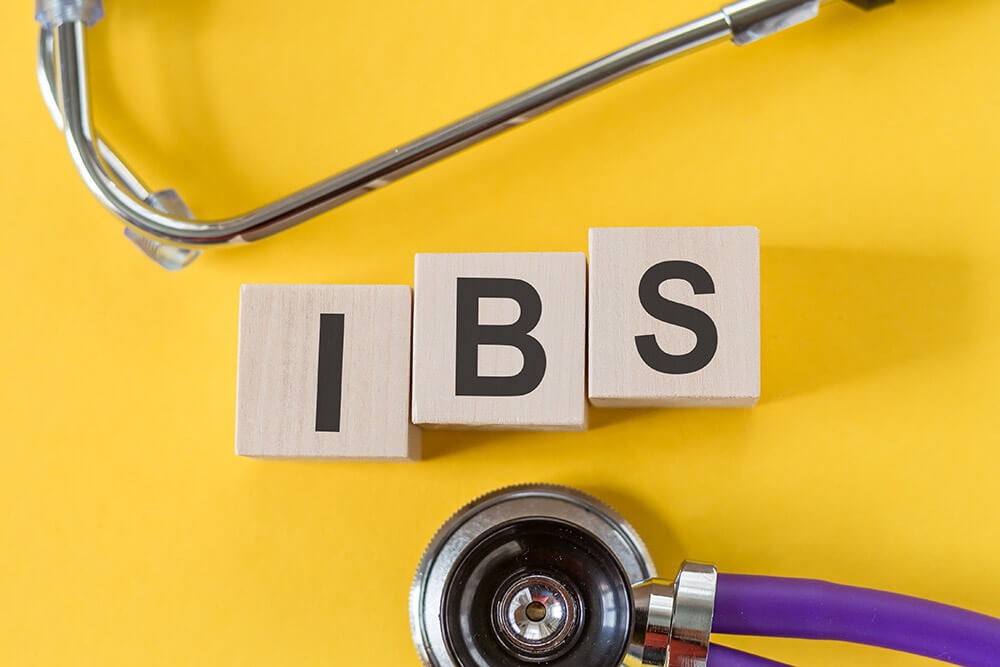Expert Treatment for Gastroesophageal Reflux Disease (GERD) by Dr. Bharat Pothuri
Dr. Pothuri uses a step-by-step approach:
Medical History and Physical Exam
He reviews your symptom profile (heartburn, regurgitation, chest pain, cough), lifestyle factors (diet, smoking, alcohol), medications, weight changes and risk factors such as hiatal hernia or pregnancy.
Upper Endoscopy (EGD)
A thin, flexible scope is passed into your esophagus and stomach to look for inflammation, ulcers, strictures or Barrett's esophagus.
24-Hour pH Monitoring
An acid-sensing probe is placed in the lower esophagus to measure acid exposure over a full day, correlating reflux events with your symptoms.
Esophageal Manometry
This test measures the pressure and coordination of muscle contractions in your esophagus and evaluates the lower esophageal sphincter's function.
Barium Swallow X-Ray
- After drinking a barium solution, X-rays visualize swallowing mechanics, detect strictures, hiatal hernias or motility disorders.
Additional Testing (if needed)
In select cases, impedance monitoring or high-resolution manometry may be used to detect non-acid reflux and clarify complex motility issues.

Frequently Asked Questions
What is the ICD-10 code for GERD?
K21.0 is used when GERD includes esophagitis, while K21.9 applies when it does not.
What medications work best?
Proton pump inhibitors like omeprazole offer the most effective long-term relief; H2 blockers and antacids may also help depending on symptom severity.
Can GERD cause a cough?
Yes. Stomach acid can irritate your throat, leading to a dry, persistent cough.
How long should I take PPIs?
Most people use them for four to eight weeks. Dr. Pothuri will adjust the duration based on your response and healing.
When is surgery needed?
Surgery is considered if lifestyle changes and medications don't adequately control symptoms or if complications like ulcers develop.
Are these medications safe long-term?
Generally yes, but your doctor may monitor bone density and vitamin B12 levels during extended use.
Does GERD affect sleep?
Yes. Lying flat can worsen reflux. Raising the head of your bed and avoiding late meals may reduce nighttime symptoms.












